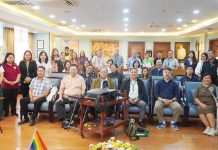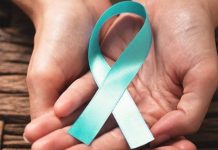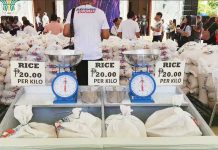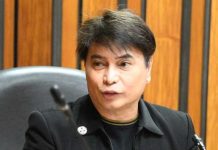
HAVE the thousands of nanlaban and ghost-rider deaths from 2016 to 2022 resulted in a drug-free Philippines?
In October last year a very young Marcos administration was roused to a shocking reality. Illegal drugs continue to be in high demand, and it is the police whose job is to contain them that have been hoarding them for distribution.
Police master sergeant Rodolfo Mayo, Jr. was arrested in a storage facility in Sta. Cruz, Manila on October 9, 2022, in possession of 900 kilograms of illegal drugs with an estimated street value of 7 billion pesos.
In December, or two months later, Enrique Lucero, chief of the southern district office of the Philippine Drug Enforcement Agency (PDEA), was arrested together with two of his agents in a drug sting that was conducted right in his office. They were peddling nine million pesos worth of shabu.
***
These arrests prompted the Department of Interior and Local Government (DILG) to ask for the courtesy resignation of colonels and generals in the Philippine National Police (PNP). With PDEA guarding their drug loot like Dracula watching over a blood bank, a revamp of that agency is certainly in the offing.
One thing is sure: the Marcos administration has inherited a continuing drug problem that was not dented, not by a long shot, by the bloody campaign waged by its predecessor. Drugs won the “drug war.”
***
To recall, the drug war was launched on the very first day that the previous administration held office. Command Memorandum Circular No. 16-2016, or Oplan Double Barrel, was signed and circulated by then PNP chief Ronald Dela Rosa on July 1, 2016.
The “lower barrel” is Project Tokhang or the conduct of house-to-house visitations to persuade drug personalities to stop their illegal activities. The “upper barrel” is Project HVT or anti-drug operations targeting drug syndicates.
The rest, they say, is bloody history. Thousands of Filipinos were killed after allegedly fighting back against police operatives who were implementing that oplan. Thousands more were killed by unidentified “vigilantes” who marked their killings by planting placards of admission on the bodies of alleged drug addicts and pushers.
***
The pre-trial chamber (PTC) of the International Criminal Court (ICC) has authorized the resumption of investigation into the drug waged by the administration of former President Rodrigo Duterte.
In its decision released on January 26, 2023, the PTC-ICC described as insufficient the Philippine government’s attempts to show a genuine intention to investigate and prosecute crimes committed against “such a large potential victim base.”
The ICC noted that the Philippines provided information only with respect to two separate incidents of prosecutions and a limited number of investigations. This is a miniscule effort given the ICC’s own previous finding that 12,000 to 30,000 victims are connected to the war on drugs.
***
The decision has clearly pointed out the deficiency in the Philippine government’s plea to stop the investigation being conducted by the ICC prosecutor. It cannot yield to local investigations because its subjects are “direct perpetrators of the crimes committed.” The “more senior perpetrators” are not being investigated.
The Philippines has failed to investigate “patterns of conduct or any policy underlying the killings.”
***
In succinct terms, what the ICC is saying, in effect, is that the Philippines has not shown that it is investigating Duterte, dela Rosa, or the other officials of higher rank who were involved in the planning and execution of the oplan that underpinned the drug war.
Show this, and the ICC can yield jurisdiction because the state is able to display not only ability but also willingness to investigate and prosecute individuals beyond the physical perpetrators of the alleged crimes.
Fail this, and any other future pleadings or submissions by the Philippines to stop the ICC investigation will meet the same resolution of disapproval./PN





